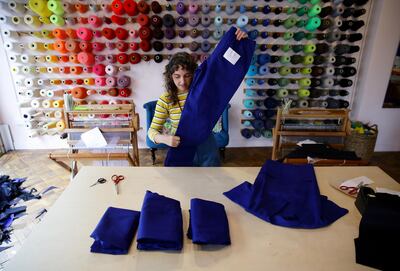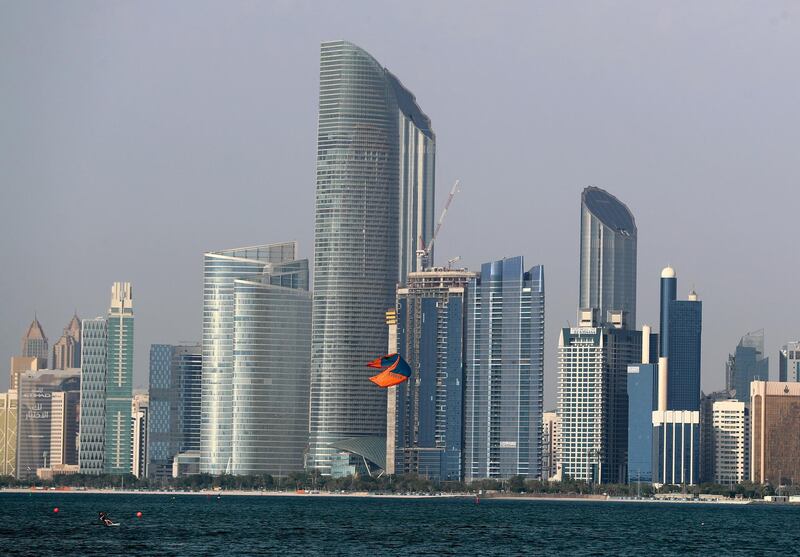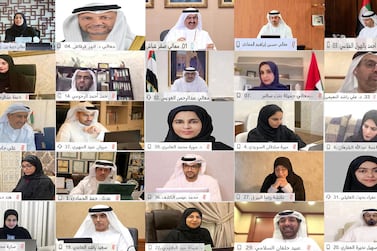Governments must strike a balance between winning public trust while tapping into technology and innovation to protect society from future pandemics, global policy experts have said.
The state of governance around the world, in the wake of the coronavirus pandemic, was discussed in an online forum hosted by the Mohammed bin Rashid Centre for Government Innovation on Wednesday.
Experts cited New Zealand as a good example of modern governance with its Prime Minister, Jacinda Ardern, winning public confidence while being strong, yet compassionate.
The country has no active Covid-19 cases after health authorities released the final patient from isolation on Monday.
"This crisis has been an extraordinary test of governments to maintain public trust," said Geoff Mulgan , professor of collective intelligence, public policy and social innovation at University College London.
“Using mobile phone data and credit card data to get a real time picture of what is happening has seen a big advance since a year ago.
“It is so powerful when data is linked together, governments need to reassure the public it will not be misused.
“Governments can be strong and compassionate like we have seen in New Zealand, and that builds public trust.”
A greater connection between government and society was noted as a breakthrough in shaping future governance during the pandemic.
In the UK, tens of thousands of people volunteered to help the under pressure National Health Service, while others gave up time to help the elderly or develop protective equipment for frontline health staff.

In the UAE, early projects to test remote working by government employees in 2017 gave officials a head start when staff were told to vacate offices under stay-home safety measures.
"Remote working in the UAE government is not a new thing but Covid-19 has accelerated the process," said Dr Abdulrahman Al Awar, director general of the UAE's Federal Authority for Government Human Resources.
“We have seen a focused opportunity and approach across all sectors since the start of the crisis.
“Continuity of business was very important with automation an important element and a focus of the government.”
Dr Al Awar said more attention had been directed to e-learning and remote training workshops within government departments. One session was so successful, it was attended by 18,000 people, he said.

Meanwhile, policy leaders said the UAE was well placed to deal with enforced changes in a post-pandemic world.
"No futurist can claim to have predicted this crisis and no one knows what l come next," said Huda Al Hashimi, assistant director of general strategy and innovation at the UAE Prime Minister's Office.
“Many scenarios have been put in place for recovery.
“We are on a long journey with lots of ups and downs but how do we learn from this.
“People are awaiting answers and direction for clarity, so the expectation on governments has increased."
She said the role of governments post Covid-19 will become more challenging with increased expectations from the public.
“This virus has pushed many governments to the edge.”
A fast tracking of government policies and regulations to support bold decisions like lockdowns, business closures and social distancing were also a positive step that could be replicated in future.
“This was not the time for normal timelines for procedures,” said Ms Al Hashimi.
“We are now going back to a slow reopening of the economy.
“We postponed some taxes, built temporary hospitals and enacted distance learning very quickly in an emergency response to the virus.
“These decisions were not debated on, they moved quickly.”








